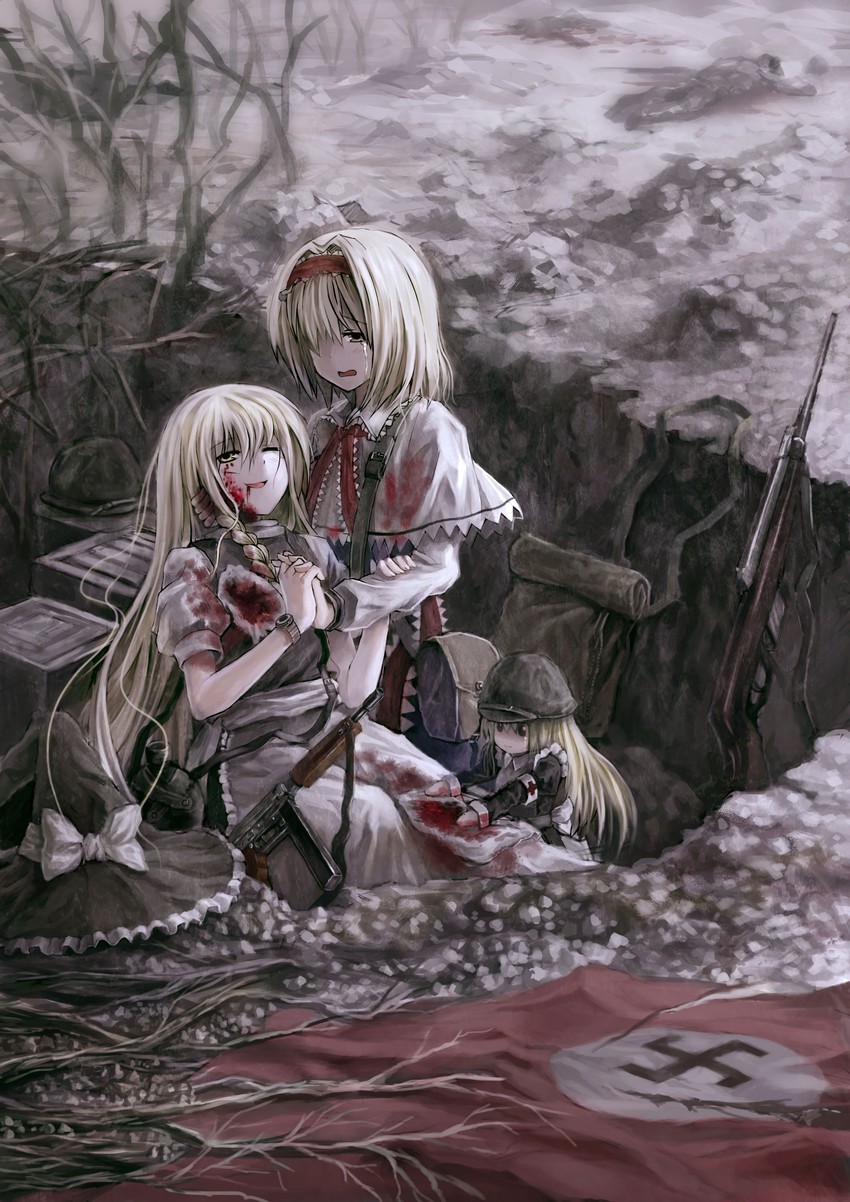Translation for 'to survive' in the free English-Russian dictionary and many other Russian translations. 12 million people live in Russia's capital. Flickr Creative Commons For tourists, Moscow is known for sites like the Red Square, St. Basil's Cathedral, and the Kremlin.
When traveling abroad, whether long-term or for a few days, some extent of culture shock is inevitable. It can be a disorienting experience for those who don’t prepare themselves. For Americans embarking on a trip to Russia, especially anywhere east of the Ural Mountains, cultural differences will be enormous, so it’s good to know what you’re getting into beforehand. Here are five of the biggest changes first-time visitors to Russia may find difficult to cope with.
1. Distinct lack of smiling. Russians, due in part to a general mistrustfulness hanging on from the Soviet era, do not go out of their way to smile at strangers. While their typically stern demeanor can be intimidating to Americans, this does not mean Russians are unfriendly, just that they prefer to save smiling for when they really mean it. Conversely, many Russians find Americans’ habit of constant smiling to be artificial and off-putting.
2. Higher pollution levels. While an eco-friendly, green lifestyle will certainly earn you brownie points in the United States, it’s practically unheard of in Russia. Recycling is not something that registers in their social consciousness, although Russian consumer goods are long-enduring and can be reused for decades before they wear down. There are no laws concerning littering or vehicle emissions, and for that matter, smoking bans in bars and restaurants are loosely enforced, if at all. Moreover, cities in Russia also have a high level of stray dogs and cats.
3. Better public transportation. Hands down, public transportation is vastly superior in Russia where bus and tram lines are safe, efficient, and affordable. The Metro system in Moscow especially is a masterpiece of grandeur and engineering, servicing millions of people each day and with over 200 miles of routes. In the US, on the other hand, you are virtually forced to buy a car if you want to be able to get around at all, as public transportation is in most cases poorly planned and unreliable.
4. Chivalry is still alive. Many Americans view Russian treatment of women as sexist, while Russian men insist it is their way of expressing respect and gallantry. Either way, in Russia it is expected by both sexes that men will pay for dates, hold doors for women, give up their seat for a woman, and so on. Although there are plenty of high-powered career women in Russia, many assume that they will be married and starting a family by their mid-20s.
5. Very different food. Russian cuisine is composed of a few key staples: poultry, cabbage, potatoes, dill, pickled cucumbers, game, and black bread. Each key ingredient is readily available for you to buy at both produkty stores and open-air markets. Mushrooms are very popular, often handpicked by people in forests. Unlike the variety of ethnic food available in the United States, Russian food does not divert far from their traditional plates. The exception to this is the delicious Georgian dishes they’ve come to incorporate into their menus Additionally, Russians are very proud of their dairy products, such as tvorag, a sweet cheese that can be spread on cakes and cookies, and their sweets.
If you are planning a trip to Russia, you will certainly find out many more cultural differences on your own. To get by in Russia, it will be necessary to learn the basics of the Russian language, as English speakers are rare even in big cities. Take our free online Russian language level test, or send us an inquiry for more information.
Interesting features of life in the largest region on the planet.
Life in Siberia is not simple, it’s harsh. Harsh climate, cold in winter and hot in summer, vast distances and permafrost – some of it seems unthinkable for a man. But people still live here. However, without special secrets and peculiarities of the Siberian world order, life in Siberia would not be possible.
1. Multi-family homes are at high concrete piles to permafrost did not destroy them, and that the heat from the house has not reached the frozen earth, which contains a large amount of frozen water.

2. In the winter the temperature can drop below -60 degrees Celsius (-76 degrees Fahrenheit). Slightest breeze – and you will get frostbite. To avoid that, people cover themselves in the clothes up to their eyes.
3. Winter clothing in Siberia is a real art. Fur, cotton and wool are widely used, in particular, multi-layered. There are no short coats here – everything is long and substantial. All parts of the body should be covered.
4. And if you visit Siberia in winter you should forget about any restrictions in your diet. You will need a lot of calories so that your body was able to fight the cold.
5. Temperatures of -20 degrees Celsius (-4 degrees Fahrenheit) don’t stop anyone. People feel uncomfortable only at -38 degrees Celsius (-36.4 degrees Fahrenheit) and below.
6. In winter the cars on the street never turn off their engines, otherwise in the freezing weather you will not be able to restart a car and it will have to wait until spring.
7. A car is prepared in a special way for Nordic conditions: it is insulated, second layer of windows is installed, heating of diesel fuel is installed, tires are filled with special gasto avoid freezing. Typically, Russian made cars are used, because imported cars often cannot withstand Siberian conditions, especially in the north of Siberia.
8. Greenery only appears for only three months of the year.
9. In a short summer you can sunbathe and even get burned.
10. Siberian distances are expressed in the saying: “1000 miles is not a distance.” It is common in the daily lives of people in Siberia to “drop in” to your friends who live 100-200 kilometers away.
11. Where it is impossible to drive in the summer due to bad roads, you can drive in winter months using a specially prepared road – winter road.
12. “Siberian health” – this is the expression used to describe the good health of people who live in Siberia. Because you cannot survive in Siberian climate with poor health.
Swimming in an ice-hole. Lake Baikal, Siberia, Russia
Survive In Russian
13. There are legends about the endurance of Siberian residents. For example, once, a Siberian man was on the train, and he accidentally fell out. He was wearing a T-shirt and it was freezing -45 degrees Celsius (-49 degrees Fahrenheit) outside. The man ran after the train for 7 km to the nearest station in a T-shirt and rubber slippers. He caught up and didn’t even get sick.
14. Older people tend to move to central Russia, because life in Siberia is too severe for weaker people.

15. In the freezing cold even Russian vodka first thickens, and if frost is strong, vodka freezes up.
16. In order to dig a hole in the permafrost, you may need several days: first, you should make a fire, let the earth thaw a little, remove the top layer of the earth, then make another fire, and so on.
Survive In Russia Game
17. The worst thing on the road is if your car breaks down. If it happens in the middle of nowhere, it is a direct threat to your life. But if at least someone will pass by, they will be sure to stop. Without this mutual help life in Siberia would have been impossible.
In reality, Siberia is so huge that is presents very diverse climatic conditions: in some places there are almost no people, and in others the climate is not so severe.
See also:
Top 11 Amazing Facts about Siberia
Men’s Felted Wool Slide Slippers
.
фото-фотобанк Лори

Comments are closed.